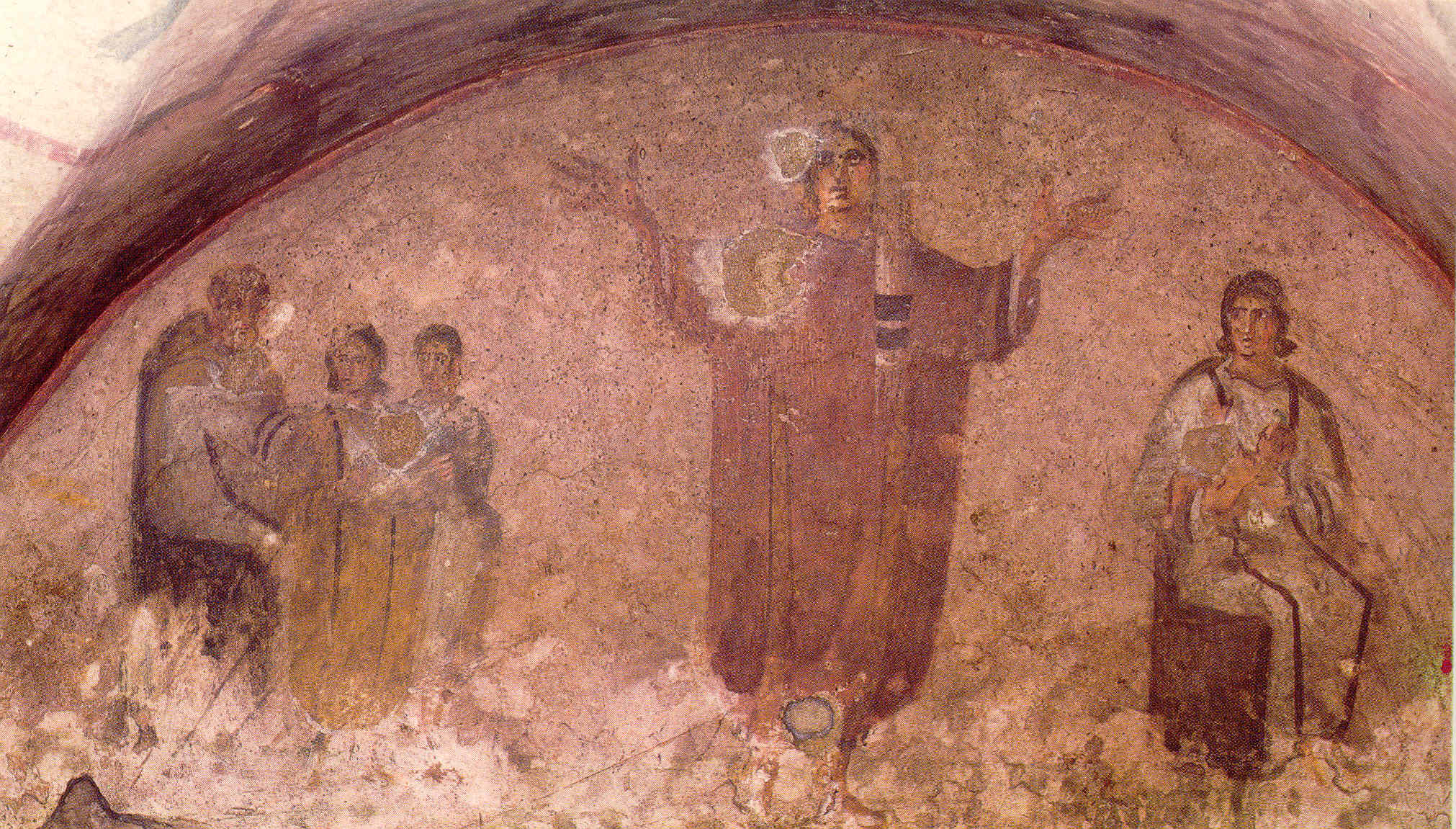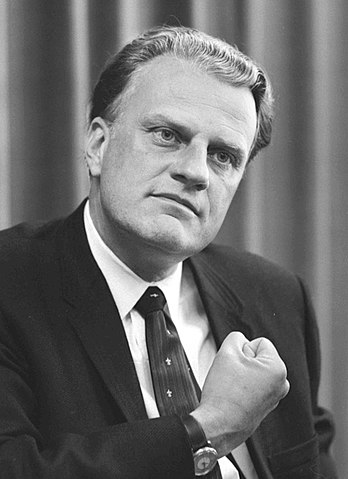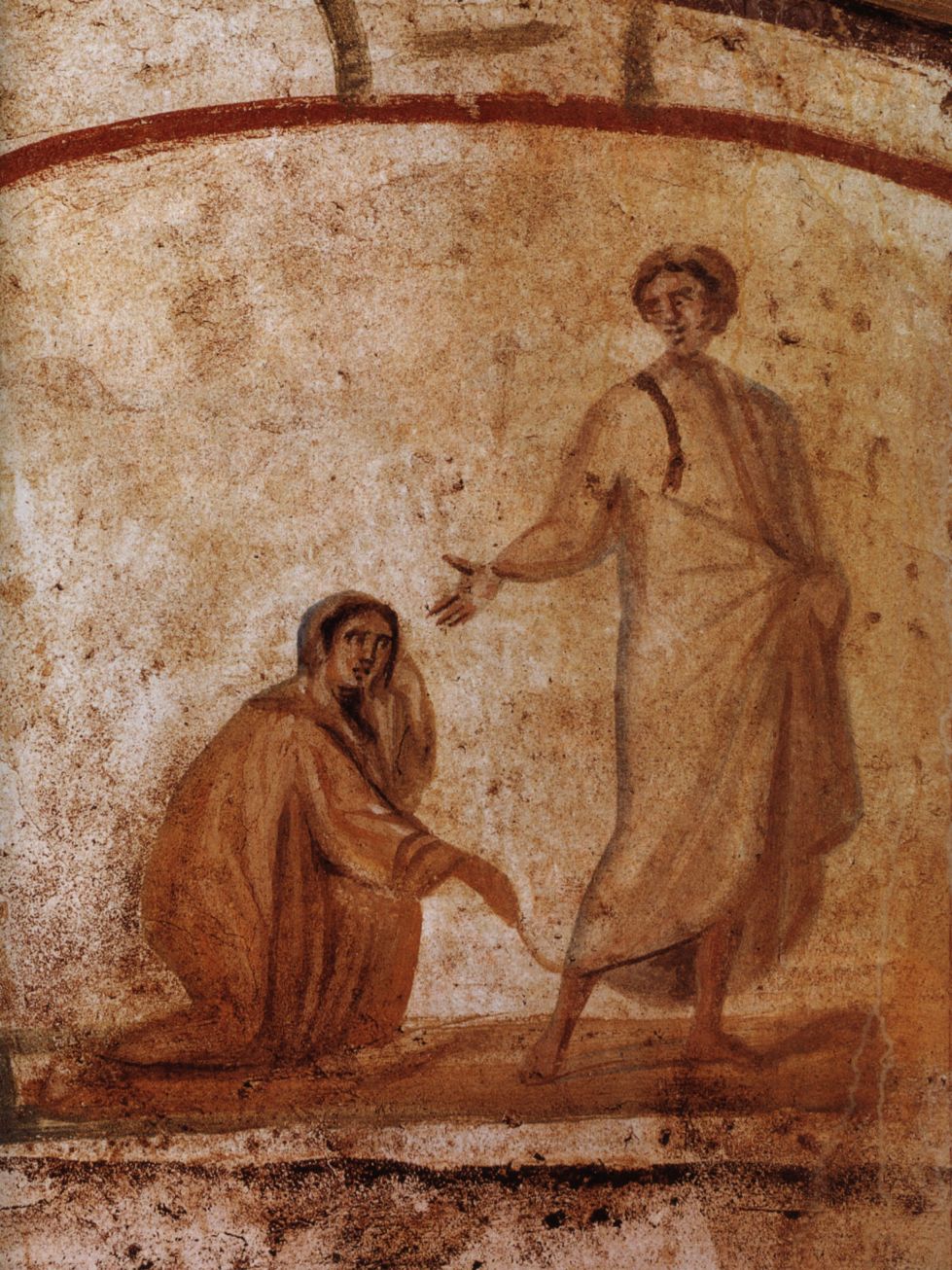Evangelicalism is in Such a Sad State that we have to Add Caveats to Talk about Miracles
 Evangelicals cannot make up their mind about miracles. They typically affirm the “supernatural in theory but deny it in practice.”[1] Although charismata’s scriptural precedent is acknowledged, many are persuaded that it “is not the essence of religion.”[2]
Evangelicals cannot make up their mind about miracles. They typically affirm the “supernatural in theory but deny it in practice.”[1] Although charismata’s scriptural precedent is acknowledged, many are persuaded that it “is not the essence of religion.”[2]

Billy Graham in 1966
Billy Graham, Evangelicalism’s chief architect, declared, “As we approach the end of the age … I believe we will see a dramatic recurrence of signs and wonders which will demonstrate the power of God to a skeptical world.”[3] Nevertheless, “there is also a need for a word of caution: There are many frauds and charlatans … one must have spiritual discernment.”[4]
I find Graham and like-minded Evangelicals paradoxical.[5] This conundrum shows up in Christianity Today, the movement’s flagship periodical. While conciliatory,[6] this magazine reiterates that spiritual gifts are outside the norm.
An example is demonstrated in Andrew Wilson’s recent article, “Whatever Happened to Gifts of Language, Prophecy, and Healing? Let’s Ask The Early Church Fathers,” Christianity Today” (April 20, 2018).
Wilson contends that in Evangelicalism, historicity should be valued alongside orthodoxy. He asserts that a truncated theology is often a result of beginning “history in the wrong place.” When Evangelicals take “a longer view… tracing our roots back to the early church fathers,” it leads us to “surprises … Angels and demons … or, more surprisingly, miraculous gifts.”
 Drawing from a sampling of Church Fathers,[7] Wilson contends that healing, prophecy, and exorcism were evident five centuries across a vast geographical span. He selectively argues for the charismata.
Drawing from a sampling of Church Fathers,[7] Wilson contends that healing, prophecy, and exorcism were evident five centuries across a vast geographical span. He selectively argues for the charismata.
Yet, in Wilson’s essay, telltale Evangelical caveats emerge. Reluctant to advance beyond the fifth century,[8] he suggests that there is “general agreement” that “languages, prophecy, and healing disappeared early in the church’s history.”[9] Sadly, Wilson insinuates that miraculous gifts can be an “excuse for speculation, self-indulgence, sectarianism, and silliness.”
Evangelicals love to flirt with continuationism but often disavow it as soon as their Reformed ethos gets upended. Tragically, most will side with Wilson, proposing that the charismata are “relatively unusual” (and the unusual cannot be normative).
In every era since Pentecost, God has been actively moving with His marvelous gifts. Rather than being mired in the doubts of modernity, Bible-believing Christians should steadfastly embrace the age of the Spirit. It is time to own the miraculous without caveats.
PR
Notes
[1]. Douglas Jacobsen, Thinking in the Spirit: Theologies of the Early Pentecostal Movement (Bloomington: Indiana University Press, 2003), 356.
[2]. Leonard Sweet, Health and Medicine in the Evangelical Tradition: “Not by Might nor Power” (Valley Forge, Pennsylvania: Trinity Press International, 1994), 151, 158.
Category: Spirit, Spring 2018


